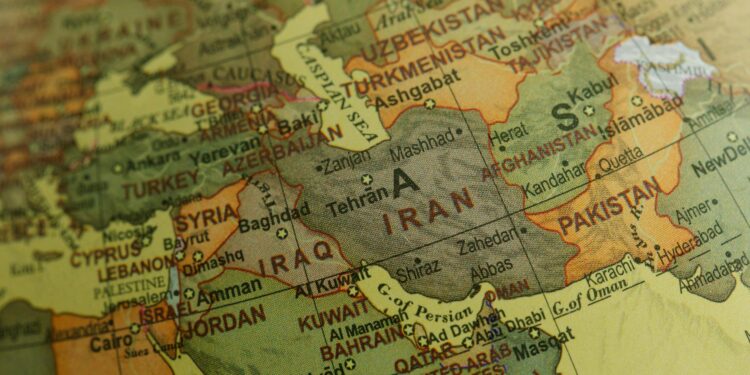On Monday, August 5th, President Joe Biden met with his national security team to address escalating tensions in the Middle East following the assassinations of key figures from Hamas and Hezbollah.
This most recent crisis in the Middle East began with the assassination of Hamas leader Ismail Haniyeh in Tehran, closely followed by the killing of Hezbollah commander Fuad Shukur in Beirut by Israeli forces. These actions have sparked fears of a retaliatory attack from Iran on Israel, prompting the United States to deploy additional fighter jets and warships to the region. In a bid to de-escalate the situation, Biden also engaged in diplomatic talks with Jordan’s King Abdullah II.
The U.S. response aims to “turn the temperature down” in the Middle East, according to Jonathan Finer, the White House’s deputy national security adviser. However, the situation remains precarious as Israel’s ongoing conflict with Palestinian militants in Gaza threatens to spill over into a broader regional war. Israeli strikes have led to significant casualties in Gaza, with nearly 40,000 people killed and many more injured since the October 7 attack on southern Israel.
Over the weekend, violence in Gaza escalated further, with Israeli airstrikes targeting schools and a hospital, resulting in numerous civilian casualties. The strikes were aimed at Hamas command centers throughout the Middle East, according to Israeli authorities, but have drawn severe criticism and heightened calls for international intervention.
In Lebanon, Hezbollah has intensified its attacks on northern Israel, while in Yemen, the Houthis have also launched strikes in solidarity with Gaza. The Lebanese government reported Israeli strikes on multiple locations in southern Lebanon, leading to additional fatalities and injuries.
As the conflict intensified, Jordanian Foreign Minister Ayman Safadi made a rare visit to Tehran, urging restraint from Iran. However, Iranian President Masoud Pezeshkian has vowed retaliation for Haniyeh’s assassination, further complicating efforts to prevent a wider war in the Middle East.
Israeli Prime Minister Benjamin Netanyahu declared that Israel is prepared for a “multi-front war” with Iran and its allies, promising severe consequences for any attacks. U.S. Secretary of Defense Lloyd Austin reiterated American support for Israel’s right to self-defense in his discussions with Israeli officials.
In response to the escalating conflict in the Middle East, several countries, including Saudi Arabia, Italy, and France, have urged their citizens to leave Lebanon. Western airlines have also adjusted flight schedules to avoid the region, reflecting the growing instability.










